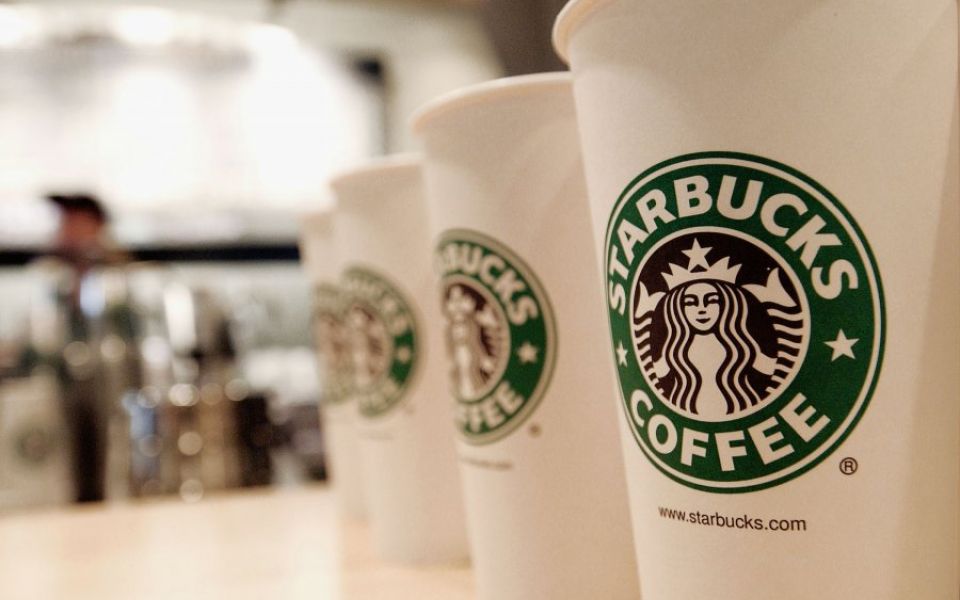Starbucks’ European arm paid just 2.8 per cent tax in the UK

Starbucks' European business paid 2.8 per cent tax in the UK on profits of $213m (£162m) in the year ending October 2017.
The coffee chain's Europe, Middle East and Africa (EMEA) division, based in London, paid $5.9m in UK corporation tax, its accounts reveal.
Its profits were boosted by a dividend payment of $150m, which the multinational company had already paid tax on – excluding that payment its tax rate was 9.4 per cent.
Read more: Starbucks brews up £8m in UK tax after record results
Separately the company's UK entity reported profits of £4.5m – down from profits of £13.3m the previous year – and blamed the “challenging” environment on the UK high street.
It paid corporation tax of £3.3m on those profits – an effective tax rate of 73 per cent.
Starbucks said its five UK-based entities paid a combined corporation tax of £13.7m over the period – a tax rate of 25.3 per cent – and had met all international tax standards and regulations.
The US company has come under fire in recent years over its tax payments in the UK – its tax contribution of £8.1m in 2015 was only slightly less than its combined tax paid in its first 14 years in the UK, despite £3bn worth of sales.
Chief executive of the Fair Tax Mark, Paul Monaghan, called for clearer country-by-country reporting.
Read more: Ditch the Chequers Agreement and Hammond can scrap his 'Amazon tax'
He said: “It may be that Starbucks' approach to tax is now more responsible but it's all but impossible to discern given their corporate complexity, staggered filings at Companies House and absence of true country-by-country reporting.”
A Starbucks spokesperson said: “Starbucks pays all its taxes and meets all international tax standards and regulations.
“Starbucks' UK headquartered businesses paid £13.7m of corporation tax in the year to October 2017, an effective tax rate of 25.3 per cent.
“The intellectual property of the Starbucks brand in EMEA has resided in the UK since 2015, enabling the local collection of royalties for the region.
“As a result we are now paying more tax to the UK exchequer than under our previous structure.”